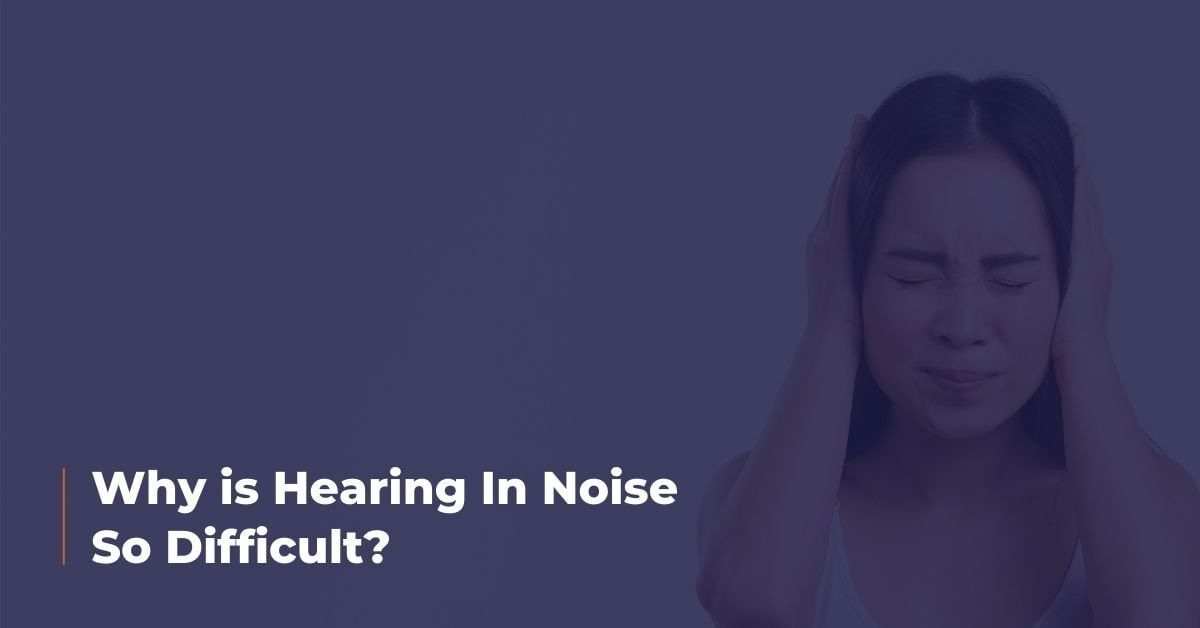We may not have experienced it a lot over the last few months as we were hiding away to stay COVID-Safe in Australia and I am pleased we did as I believe we have done well all together!
But remember, there was a time where we’d gather with friends and family around the dinner table, at a BBQ or at the local pub for a meal and catchup. In those situations, many people experience difficulty following the conversation as everything seems to get ‘muddled up’. Why is this and what can be done?
If one struggles to hear and understand in social settings it bears the risk of ‘tuning out’ and social withdrawal may be a result. It is difficult for most people to communicate in situations with lots of surrounding noise.
The problem has multiple reasons. Human speech consists of many parts. Some parts like letters such as “M, N, L, A, O” are low in frequency but high in intensity so they carry well and have lots of power. These parts of the speech transfer volume from a speaker to a listener and they do that very well as they have plenty of energy.
Other parts of speech like sounds such as “TH, S, C, F, SH,” are essentially only pressed air through the teeth and tongue. These unvoiced sounds are very high in frequency and extremely low in energy. The purpose of those sounds is to transfer speech clarity and help to distinguish one word from another. Often the smallest part of a word makes all the difference. For example, “Faith” and “Face” – the difference between ‘th’ and ‘ce’ is very small. In most cases, our eyes ‘hear’ these sounds better by lipreading than the ears really hear them. A major problem with these highly important pars of speech is that they can be masked and literally squashed by louder sounds.
In social settings, the “cocktail-party-effect” makes the noise level increase quickly. There is a little bit of music, that makes it harder to hear – so everyone starts speaking louder and as we ‘shout’ the energy of A, E, M, N, O etc. gets so high that they overpower the important sounds for clarity. So in a situation with many people talking everything sounds really muffled and it’s difficult to make out the words the other person is saying. Additionally, most age or noise-related hearing losses start in the higher frequency only adding to those issues.
Some people with even a mild hearing loss choose not to go to functions and meetings anymore as they cannot participate in conversations. It is very tiring for the brain to constantly strain to try to hear what is being said and the choice to withdraw is quickly made.
But it does not have to be this way. There is help available. Especially now, as we are on the road to recovery from the impacts of the pandemic in Australia. And with Christmas coming it’s likely that we will spend more time in the community again (but safely please ????). We want our Hills community to hear well and have fun when they are in company and not feel lonely and isolated.
If you have experienced those issues or know someone close who has you will understand the struggle for both sides.
Here is a pathway to better hearing:
- Get your hearing professionally assessed. I don’t mean a quick 15min hearing check as you may find them in many shopping centres. Much rather undergo a thorough hearing health assessment with measurement of many parameters like the pressure in the ear, acoustic reflexes to assess some nerve functions, assessment of air and bone-conduction hearing as well as speech tests in quiet and in noise. A thorough assessment should take some 60-90 minutes. (You can give us a call on 02 9159 6122 to book an appointment)
- With the hearing assessed we recommend discussing the results with your hearing health professional, your family and with your GP. In some cases, medical things need to be checked out and treated.
- If a hearing loss is a reason for the difficulty, we can arrange for a hearing rehabilitation program to take place. Over 4-6 weeks we take you through a journey of trying different hearing technologies, to learn how to hear well again and get used to it. With some measurements, we assess the benefit of different solutions.
- At the end of the hearing rehab program, we know exactly what works and what does not. Based on those results we can recommend what the best option is to improve your hearing.
- Enjoy conversations with family and friends again.
We’d like to thank all of our friends and customers (and the Australian Government) very much for the amazing support over the course of this year.
We wish you and your family a Merry Christmas and a great time over the holidays. If you need any hearing assistance, please note that we are closed from 24/12 – 28/12 and again from the 31/12 – 04/01. We will have an emergency service in between so please reach out if you need anything.


